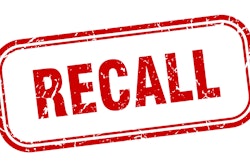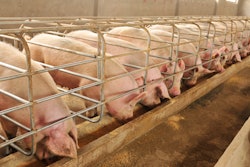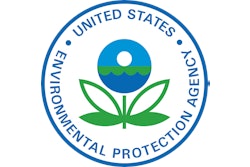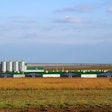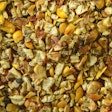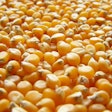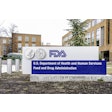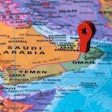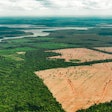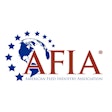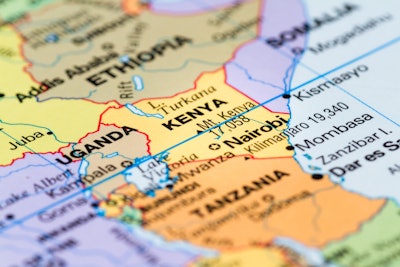
Kenya's animal health organization is calling for action to be taken to halt the sale of adulterated and poor quality animal feeds.
According to a recent report in The Standard, the Kenya Veterinary Association (KVA) wants the program on illegal medications and fertilizers extended to cover animal feeds and semen.
To succeed in these aims, the Kenyan Veterinary Board (KVB), Kenya Veterinary Medicines Directorate (KVMD), and the Kenya Bureau of Standards will need to be supported in order to be able to enforce the law on fake products.
“The crackdown is long overdue. As veterinary experts, we acknowledge that we have had a misuse of veterinary drugs in the country,” said KVA member Dr. Kelvin Osore. “But for sustained efforts and success in this fight, the government needs to track and involve the KVB and the KVMD to implement the regulations, but it should not be an avenue to harass pharmacists.”
Substandard products for sale represent a threat to Kenya’s food security, said Osore.
He described as “economic sabotage” fraudulent sales of sand to local farmers while the country is having to import substantial volumes of corn, rice and other grains.
Osore is reported to be standing for the KVA chairmanship. He has also called for improvements to the welfare of the country’s veterinarians and the establishments of a national animal health resource center.
Feed shortage: a threat to Kenya’s livestock sector
Climate change is severely affecting the nation’s livestock production, according to an official of the Kenyan government, reported The Standard this week.
The economic and environmental consequences of extreme and unpredictable rainfall are leading to mass mortalities of livestock and changes to land use patterns.
As a result, Kenyan farming is becoming less sustainable, according to Halima Nenkare, director of Livestock Production in the Ministry of Agriculture and Livestock Development.
Between 60% and 80% of the costs of animal production come from feed, she noted, and the country’s total annual feed requirement is 55 million metric tons.
However, a recent study has revealed a 60% shortage in the national feed supply, as well as post-harvest losses of more than 45%.
Acknowledging the need to address the feed shortage and reduce reliance on imports, the government is already providing seeds, fertilizers, agrochemicals and machinery in order to improve the efficiency of feed production and storage.
According to Nenkare, the administration is now planning to ensure adequate supplies of ingredients for compound feeds by encouraging contracts between growers and feed manufacturers.
Furthermore, she said, there will be a renewed focus on setting up feed storage facilities in every local government area. Established as cooperatives, livestock farmers will be able to access feeds and forages from these stores. It is hoped these will even out supplies during the year, as well as reduce post-harvest losses.
The Standard reports that the Kenyan government has also committed to investing in capacity development in the value chain, as well as establishing a feed technology training center, and laboratory facilities for feed quality control, safety and assurance.
Addressing feed supply issues across Africa
Shortages of feed and sub-standard rations lead to production inefficiencies, and then to high costs of animal products. As these become less affordable, human nutrition and health can suffer.
This is according to an official at the African Union-Interafrican Bureau for Animal Resources (AU-IBAR), reported this year by The East African.
In order to overcome the region’s persistent shortages of supply in livestock feeds and forages, Kenya, Uganda and Somalia have been selected to take part in a pilot program to overcome these challenges.
Along with Uganda, Zimbabwe and Cameroon, these nations are involved in the Resilient African Feed and Fodder Systems (RAFFS) program.
Funded by the African Union Commission and the Bill and Melinda Gates Foundation, RAFFS aims to overcome the adverse effects on African feed and fodder systems of the global “triple-C crises” — COVID-19, climate shocks and the conflict between Ukraine and Russia.
As well as animal nutrition, there will also be support for genetic improvement and animal health programs.
Toward the end of last year, Nigeria launched its participation in RAFFS to overcome ongoing challenges to national food security challenges.

